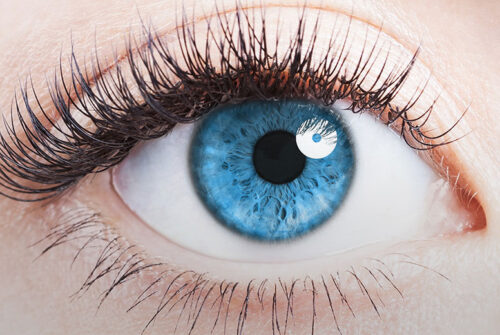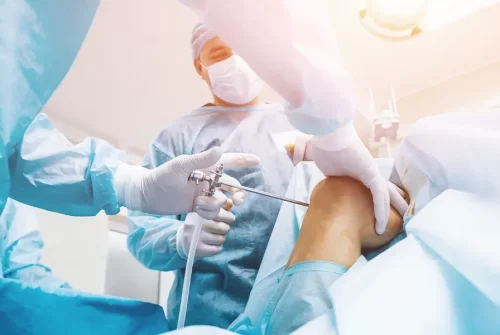
Do you have headaches, neck discomfort, tense muscles, or fatigue? TMJ, also known as a temporomandibular joint disorder, may be present in all of these symptoms. Because the symptoms are not always obvious, many individuals endure years of suffering without receiving a proper diagnosis or treatment. Thankfully, you do not have to endure your misery in silence. TMJ treatment in Midlothian can be of help!
Signs to notice if you have TMJ:
One of the most intricate joints in the human body is the temporomandibular joint. The TMJ, which is situated on both sides of the jaw, enables side-to-side and front-to-back movement of the jaw. Other joints often only permit mobility in one direction.
The TMJ joint is prone to malfunction or inflammation because of its intricacy and the amount of stress that daily activities like biting, chewing, and taking place on it.
While certain TMJ disease symptoms are simple to link to the jaw, others are more challenging to pinpoint. The most typical include:
- The jaw cracking or popping
- Joint ache along either side of the Craniofacial jaw pain
- Having trouble chewing
- Hearing ringing
- Persistent headaches
- Shoulder or neck aches
- Inability to fully expand or seal the jaw
TMJ Therapy
There is no one-size-fits-all approach to treating TMJ issues. Chronic pain is frequently alleviated by a combination of medical care and lifestyle modifications. Dental experts will extensively consult with you to identify the underlying cause of your discomfort before recommending one or more of the non-surgical dental procedures listed below:
- A specially made orthotic device. This discrete oral device realigns the jaw to improve the equilibrium of the head, neck, muscles, and joints.
- Bite repositioning Sometimes. The bite can be improved by tooth reshaping or orthodontic therapy to reduce jaw tension.
- Myofunctional Orofacial Therapy Because of improper breathing, incorrect posture can result in neck and shoulder discomfort. The respiratory canals can adequately support the oral, face, and throat muscles with the use of myofunctional therapy.
- Cold Laser Treatment. TMJ and Myofunctional Therapy are frequently combined with cold laser therapy. In rare instances, a patient may suffer from shoulder discomfort, migraines, or headaches due to tense muscles or a pinched nerve. Deep into the strained muscles, cold laser therapy rejuvenates worn-out nerves. The majority of patients feel a great deal better after one or two sessions.
- Restorations. The jaw can occasionally be rebalanced with the use of dental restorations like crowns, veneers, or even dental implants.






